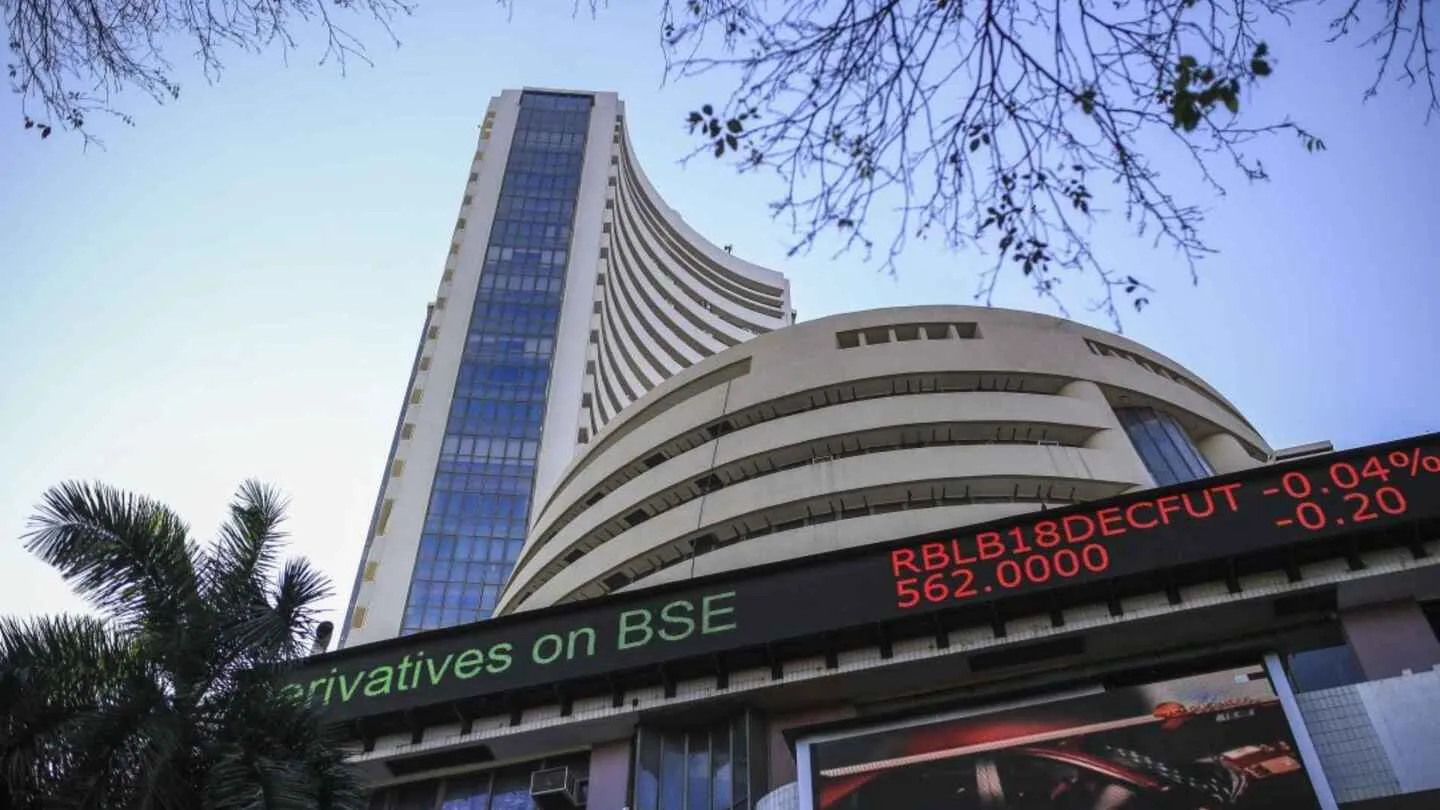Indian stock market indices plunged sharply on Friday after opening with gains, as investor sentiment turned cautious following the Pahalgam terror attack and its diplomatic fallout. Analysts attributed the fall to increased risk aversion triggered by geopolitical uncertainty. On Thursday, markets ended a seven-session winning streak after the terror incident pushed India to take strong diplomatic steps against Pakistan. India suspended the Indus Waters Treaty, scaled down diplomatic presence, halted visas for Pakistanis, and imposed other measures. As the situation evolved, market participants reacted with apprehension, driving major indices into negative territory during Friday’s trading session.
Sensex And Nifty Slide Deep Into Red, Stock Market Panic
At the time of reporting, the Sensex traded at 79,028.29 points, down 773.14 points or 0.97 per cent. The index touched an intraday low of 78,605 points. The Nifty stood at 23,970.60 points, down 276.10 points or 1.14 per cent. The indices showed volatility throughout the session, reflecting growing concerns over potential geopolitical consequences.
Analysts Point to Risk Aversion, Uncertainty In Stock Market
VK Vijayakumar, Chief Investment Strategist at Geojit Financial Services, highlighted investor concerns. “The potential headwind looming large on the horizon is the uncertainty regarding India’s response to the terror attack and its consequences,” he said. “There are tailwinds and headwinds for the market now. A strong tailwind is the sustained FII buying.”
Financial stock market expert Manoj Kumar Jain echoed similar views. He stated that the decline in the indices stemmed from investor risk aversion and a cautious stance amid geopolitical uncertainty.
Opposition Backs Government at All-Party Meet
An all-party meeting convened Thursday evening saw unanimous support from Opposition parties. Congress leader and Leader of Opposition in the Lok Sabha, Rahul Gandhi, said the Opposition parties “gave full support to the government over any action it plans” in response to the terror attack.
Previous Rally Supported by FII Inflows and Tariff Pause
Before Thursday’s downturn, the Indian stock markets had witnessed consistent gains. Market experts attributed the rally to sustained foreign institutional investments (FII) and the U.S. administration’s 90-day pause on reciprocal tariffs affecting countries including India. The initial announcement of tariffs had triggered global equity sell-offs, but recent developments helped Indian stocks regain momentum—until the terror-related volatility set in.
(With Inputs From ANI)























